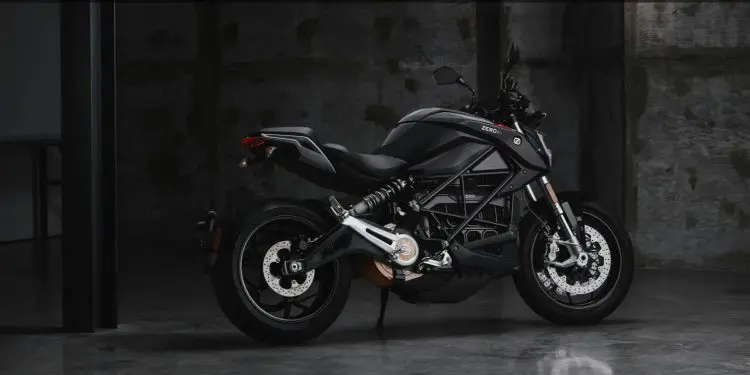Electric motorcycles, once seen as the promising future of mobility, are now facing significant challenges in the Netherlands. The Dutch government has decided to apply a high tax on electric motorcycles through the BPM, or “Belasting van Personenauto’s en Motorrijwielen,” known as the private vehicle tax. This change represents a severe blow to the industry and consumers.
During the pandemic, the demand for electric vehicles increased considerably, driving innovation and leading several manufacturers to launch more electric models. However, the scenario has changed drastically in recent months, with several electric vehicle startups shutting down. Now, with the Dutch government’s new fiscal policy, the future of electric motorcycles in the country becomes even more uncertain.
Until now, zero-emission electric cars were exempt from BPM. However, electric motorcycles have become subject to this tax, with a rate of 19.4% minus 210 euros. An article in the Dutch publication “The Pack” illustrates the impact of this measure, comparing popular models like the Yamaha Tracer 900 and the Energica Experia. From 2025, the Tracer’s price will remain at 16,299 euros, while the Experia will see its price rise from 30,451.80 euros to 35,010 euros, an increase of 4,559 euros due exclusively to BPM.
Furthermore, subsidies previously offered to electric motorcycle buyers will also be withdrawn. The road tax exemption will be eliminated, meaning that from 2025, electric motorcycle owners will have to pay both BPM and road tax.
This change is particularly damaging in a country where motorcycle use is not as widespread as in other European countries. In 2023, there were about 700,000 motorcycles in circulation in the Netherlands, half the number registered in the UK and far fewer than the 8.8 million in the USA.
At a time when future mobility is under discussion, imposing high taxes on electric motorcycles seems to contradict the objectives of decarbonization and city congestion reduction. These taxes may hinder the adoption of electric vehicles, harming not only the local industry but also the European Union’s carbon neutrality goals for 2050.
In summary, the Netherlands’ new fiscal policy represents a significant setback for efforts to promote sustainable vehicles, hampering innovation and the adoption of electric motorcycles.







